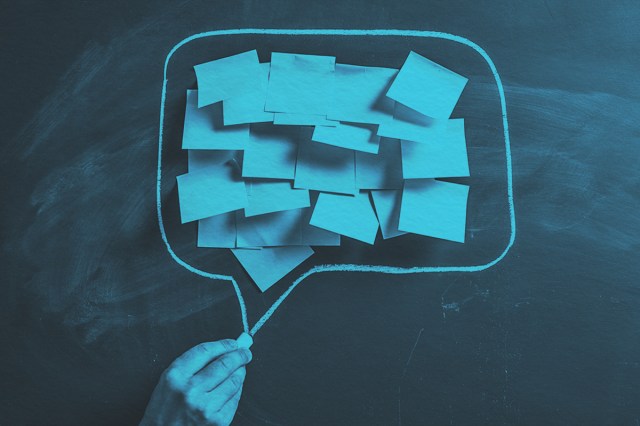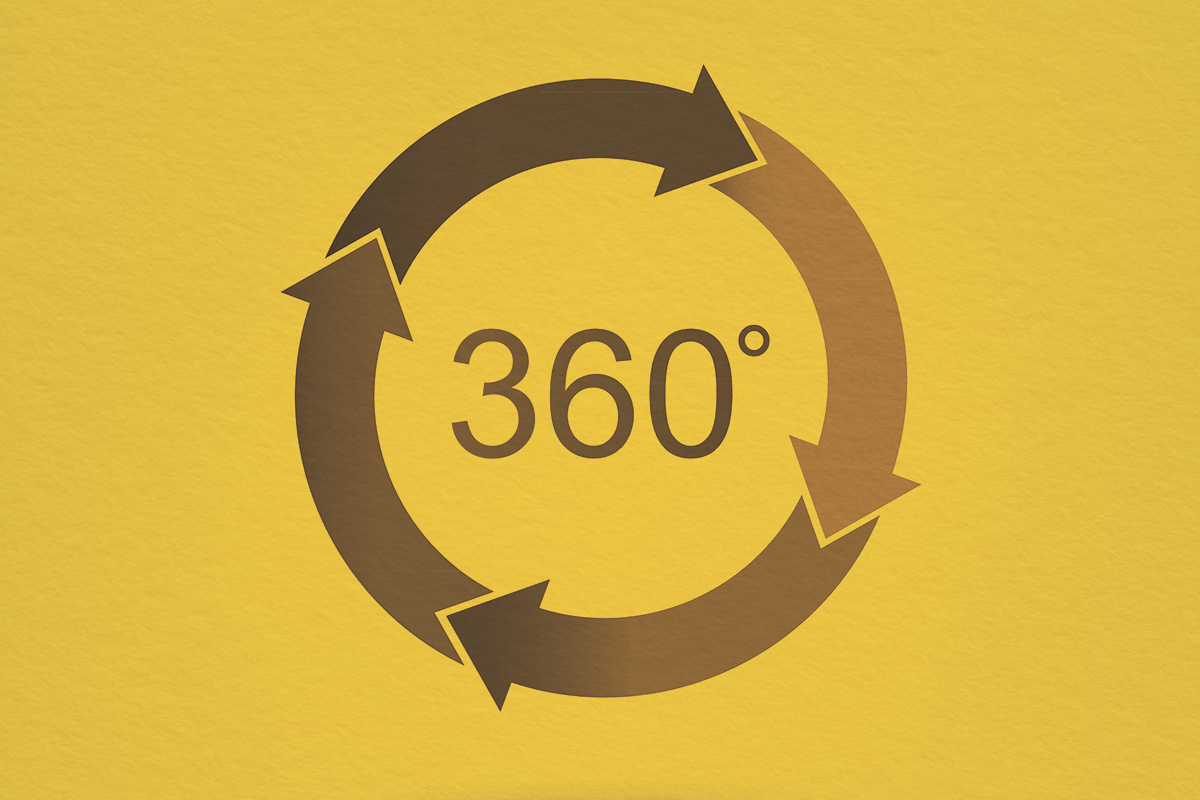
Just like an instruction manual to assemble an IKEA dresser, the manuals for the English language (dictionaries and grammar textbooks) can be hard to decipher. Ask an English teacher and they’ll tell you that certain grammatical mistakes are easily overlooked and regularly repeated. One common error that people make is saying words that sound right, despite the actual meaning being different than what was intended. Words are constantly evolving and changing over the decades and centuries, so a word that was intended to be used in one way might mean something new in 100 years. Let’s dive a little deeper to examine some of the most commonly misused English words today.
People often misuse the word “travesty” as a synonym for “tragedy,” implying a situation is filled with suffering or distress. But the true usage of “travesty” is better suited to describe an absurd or distorted representation of something. If a lenient sentence is a “travesty of justice,” for instance, that doesn’t necessarily mean it will cause distress. Rather, it suggests that it’s a mockery of the expected result.
Snakes, spiders, and other critters can be both poisonous and venomous, but the terms mean different things. Something that’s poisonous may cause illness if a toxin enters the body through consumption or absorption. Something that’s venomous, however, will cause suffering if the toxin is forcefully injected through a bite or sting. In other words, biting into a toxic snake (as unlikely as that may be) makes it poisonous, whereas being bitten by that same snake makes it venomous.
Showing empathy for another person is different from having sympathy, though many people use the words interchangeably. To have empathy for someone means to be able to understand the emotions they’re feeling, even if you haven’t been in their position. You can empathize with the sadness someone feels after losing a loved one, or the happiness they exude after a promotion at work, but you don’t need to have personally experienced similar situations. “Sympathy” has two common usages, the first being the counterpart to “empathy.” It means to understand the emotions someone is feeling because you have experienced a similar circumstance. Perhaps you can sympathize with your neighbor after they lose their job because you were laid off last year. The second usage of “sympathy” relates to misfortunes above all else, as it means to feel pity for someone.
Though they’ve come to mean the same thing in modern parlance, “jealousy” and “envy” aren’t quite identical. Historically, jealousy implies fear of losing something one already has; for instance, someone may feel jealous when their spouse receives flirtatious attention. “Envy,” on the other hand, implies a desire for something currently lacking, such as good health, money, or a partne
Some people may not care about how to use the word “ambivalent,” but we sure do. People often say this term as a way to claim they’re indifferent, but to be ambivalent is to have mixed opinions on the topic in question. Let’s say someone is watching a TV show and they love certain episodes but hate others. In this case, the opposing feelings show true ambivalence, as they aren’t sure how they feel about the show on the whole.
If a book lover goes to a bookstore and peruses the entire selection, they’ll end up there until close. That’s because while many folks use “peruse” as a synonym for “to skim,” it means the exact opposite. To peruse something implies to read it thoroughly, carefully, and in great detail — not to quickly glance over a few pages.
While irony can be humorous by coincidence, that’s not always the case. In reality, the word “irony” signifies the opposite of what was expected more than anything else. One example of irony would be a marriage counselor filing for divorce; in this case, it’s not inherently funny, but the situation is contrary to what might be anticipated. For humorous situations that don’t fit the bill, consider calling them funny coincidences rather than ironic.
Someone who says they have a chronic injury is implying they’re suffering from great pain all the time. But “chronic” has less to do with severity and more to do with the duration of an issue. Think of “chronic” as“habitual” instead of “very bad,” as it’s possible to have a chronic ailment that’s a mild discomfort.
One thing to keep in mind is that the English language is always evolving. Some of these “misuses” are based on centuries-old usages, and new meanings have become accepted in casual conversation and are even listed in the dictionary. We like to consider ourselves lifelong students at Word Smarts, and we’re always open to seeing how vocabulary changes.

















